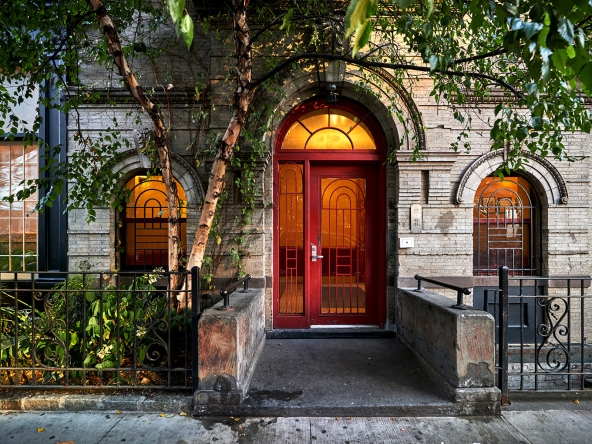What to Consider at the Start
Budget. For obvious reasons, this is probably the single most important factor. The price of an apartment depends on a variety of factors — size, location, building type, condition and features, among others — so it is critical that you determine your budget at the outset.
Neighborhood
Manhattan has dozens of neighborhoods, each with its own flavor and personality. A number of factors can effect where you live: you might want to be close to work or your children’s schools; maybe being close to a park is important; perhaps being close to great restaurants and cafes is key. The good news is that New York offers something for everyone.
Building Type and Amenities
First, you need to decide if you prefer a co-op or a condo (please review our section about co-ops and condos for more information about the differences between the two). Next, determine the importance of features such as doorman, concierge, pre-war, high rise, pet policy, health club/pool, etc.
Co-ops Vs. Condos
Condos
In a condominium, a purchaser owns the apartment plus a percentage of the common areas of the building. The purchaser takes title by deed, which is recorded in the county clerk’s office. If you intend to obtain a loan to purchase the apartment, you will sign a mortgage, which will be recorded in the county clerk’s office. In a condominium there is an association that you belong to once you purchase the apartment. The association provides services such as general maintenance to the common areas in exchange for a monthly fee. Because it is real property you will pay your property taxes separately or inclusive with your mortgage payments. Because a condo is real property the closing costs are higher than those of co-ops. Whether you own a co-op or a condo, you may have to pay assessments for any major repairs or renovations.
ADVANTAGES
- Easier approval process
- Own actual real estate giving you more rights to it, i.e. you can transfer deed to family members, sublet or re-sell easier, etc.
- More control over building maintenance and development issues
- Lower monthly common charges
DISADVANTAGES
- Typically, higher purchasing price on per sq. ft. basis
- More legal responsibilities for the entire living facility
Co-ops
A co-op is a short-term for a residential property owned and managed by a corporation. When you buy an apartment in a co-op you are purchasing shares in a corporation, as opposed to purchasing actual real estate. The shares you purchase allow you the exclusive right to live in a given unit to which those shares are assigned. A co-op usually has an underlying mortgage that your co-op fee pays all or part of the payments to as well as other costs for the building. This is generally the reason why the co-op maintenance fees can be higher than that of a condo’s. Portions of the mortgage payment and property tax are usually tax deductible and can account for a significant reduction in the maintenance payments on an annual basis.
ADVANTAGES
- Typically, lower purchasing price on per sq. ft. basis
- Less legal and financial responsibility for building maintenance and development
- Generally higher tax deductibles
DISADVANTAGES
- More complicated approval processes
- Generally higher monthly maintenance fees
- There may be re-sell and subleasing restrictions
- Less flexibility with apartment construction and renovation
- Some Helpful Hints
DO NOT work with multiple brokers. It is best to find a single broker whom you trust and are comfortable with. If you begin to work with multiple brokers, no single broker will put in the 100% effort required as the broker will believe (correctly) that you are not committed to him/her.
DO NOT view 20 apartments only to decide that you are not ready to move. Brokers spend a substantial amount of time scheduling viewings and do not get paid for this service. If you are unsure of whether you are ready to buy, disclose this to your broker (along with the reasons for your uncertainty) and your broker will be able to help you accordingly. The broker will be less inclined to help you if you do not disclose this until after the process has begun.
DO NOT submit very low bids. Though every apartment is negotiable and every transaction should be negotiated, there is a certain point at which a low bid can be embarrassing to both you and the broker. If you are contemplating putting in a very low bid because you cannot afford a higher bid, please make sure your broker knows this and he/she can then find more appropriate apartments for you.
DO NOT obsess about getting a “great deal.” Buying an apartment is not about getting a great deal — it is about finding an apartment that you’ll look forward to coming home to every evening. As we all know, New York can sometimes be a pain and being able to escape it all by coming home to an apartment you love is priceless. As far as we are concerned, that is the definition of a great deal.



